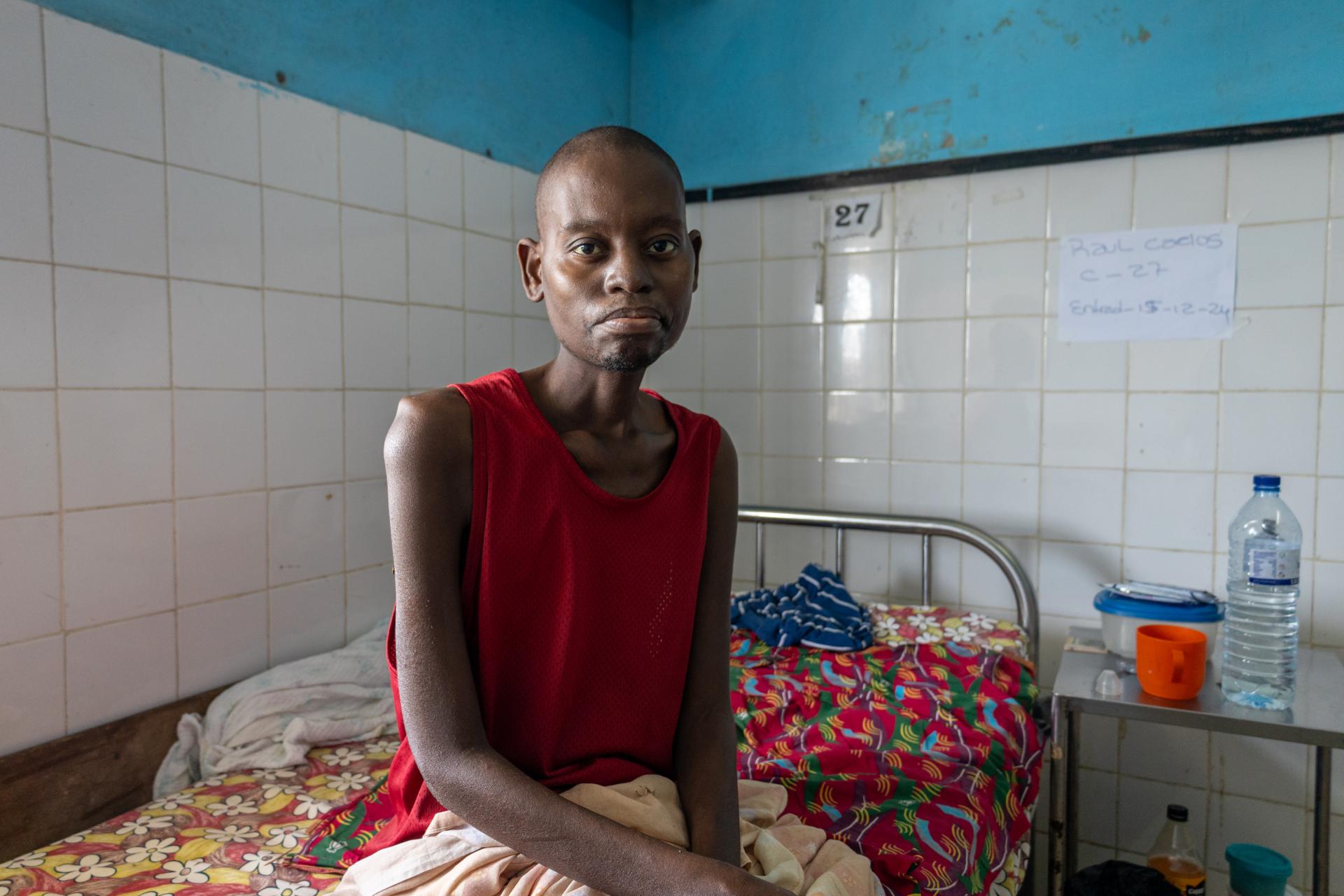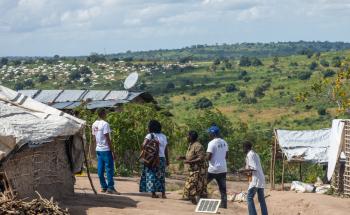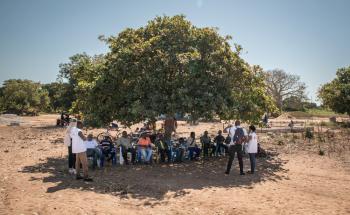After being hospitalised and released multiple times, Raul Carlos was again admitted to Beira Central Hospital, this time in critical condition, in December 2024. “He is a patient who adhered well to his [tuberculosis (TB)] treatment. He was hospitalised, underwent treatment, and finished the treatment. Even so, he did not improve,” said Dr Paulo José, a general practitioner at the hospital.
TB affecting the lungs is one of the main illnesses Dr Paulo sees in the emergency room at Beira Central Hospital, followed by tuberculosis in other parts of the body and opportunistic infections like pneumonia and meningitis and sepsis. Diagnosing and treating TB correctly is crucial to ensure that patients recover and survive and to prevent the further spread of the disease. Sometimes, however, patients have contracted drug-resistant TB, which is far more difficult to treat. Doctors have to identify and prescribe the specific treatment that will help cure the specific drug-resistant TB the patient is suffering from.
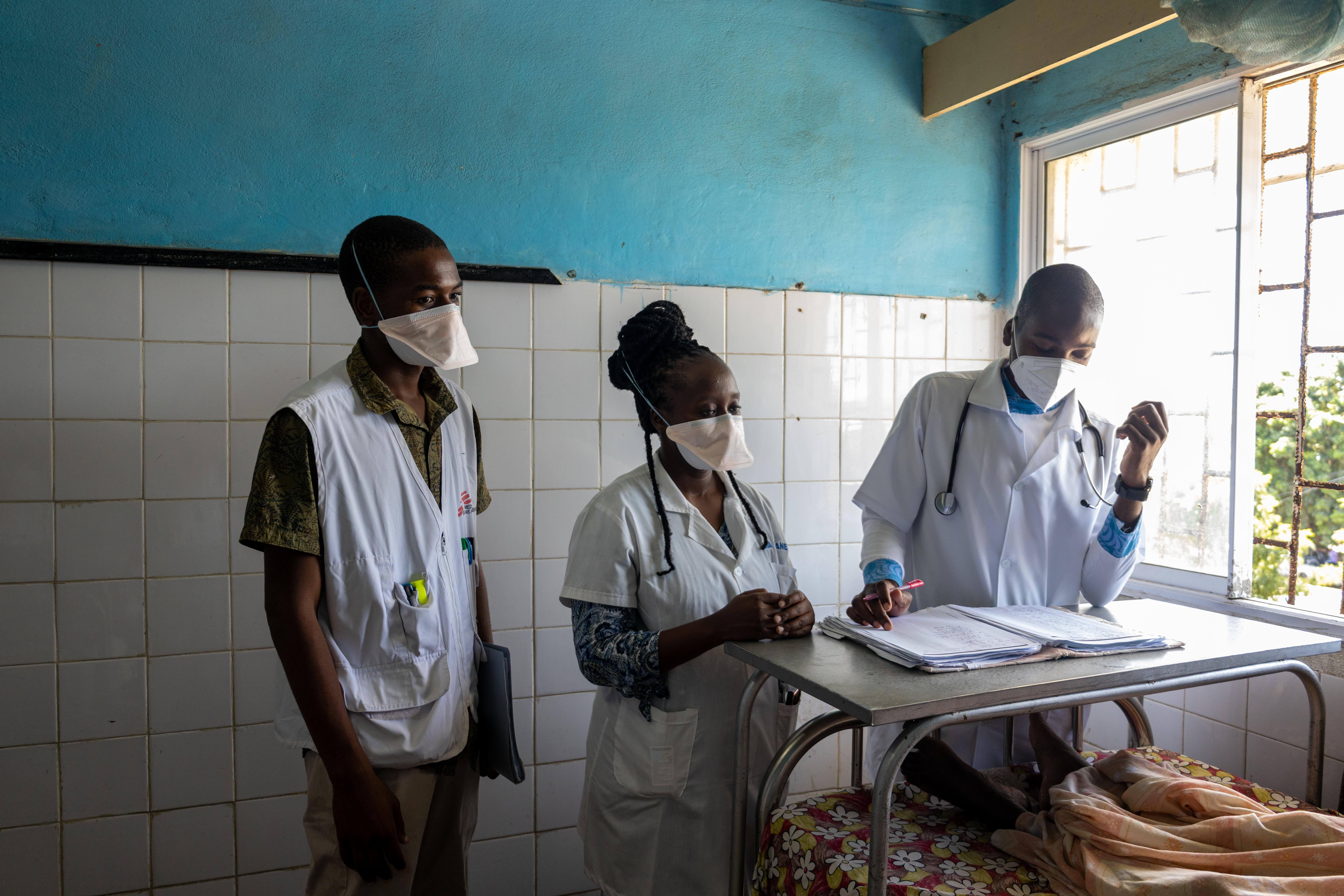
Raul came to the hospital with an advanced HIV diagnosis and “without much hope”, according to Lina Balane, an MSF doctor who has worked in Beira for the past 6 years focusing on advanced HIV. “Raul really touched us,” she added. “He has a brother who looks just like him— they call themselves twins— and the brother would always come to us, pleading, ‘Doctor, please do something. I can’t bear to see him like this.
Now able to sit up and talk, Raul described his experience: “There were times when I had to be bathed by others, times when I couldn’t do anything. I couldn’t move. I felt very unwell when the illness began. Then, I got worse. I arrived here being carried. They kept changing [the medication] with the doctors each time to try and find the right treatment, but I always had the same problem; I would go home and return with the same issue.”
The doctors searched for answers. “Like with all our patients, we started investigating what was happening to him. We realised he was suffering from severe side effects from his medication, but also— those medications weren’t working because he had drug-resistant tuberculosis. It was tough to diagnose,” said Balane.
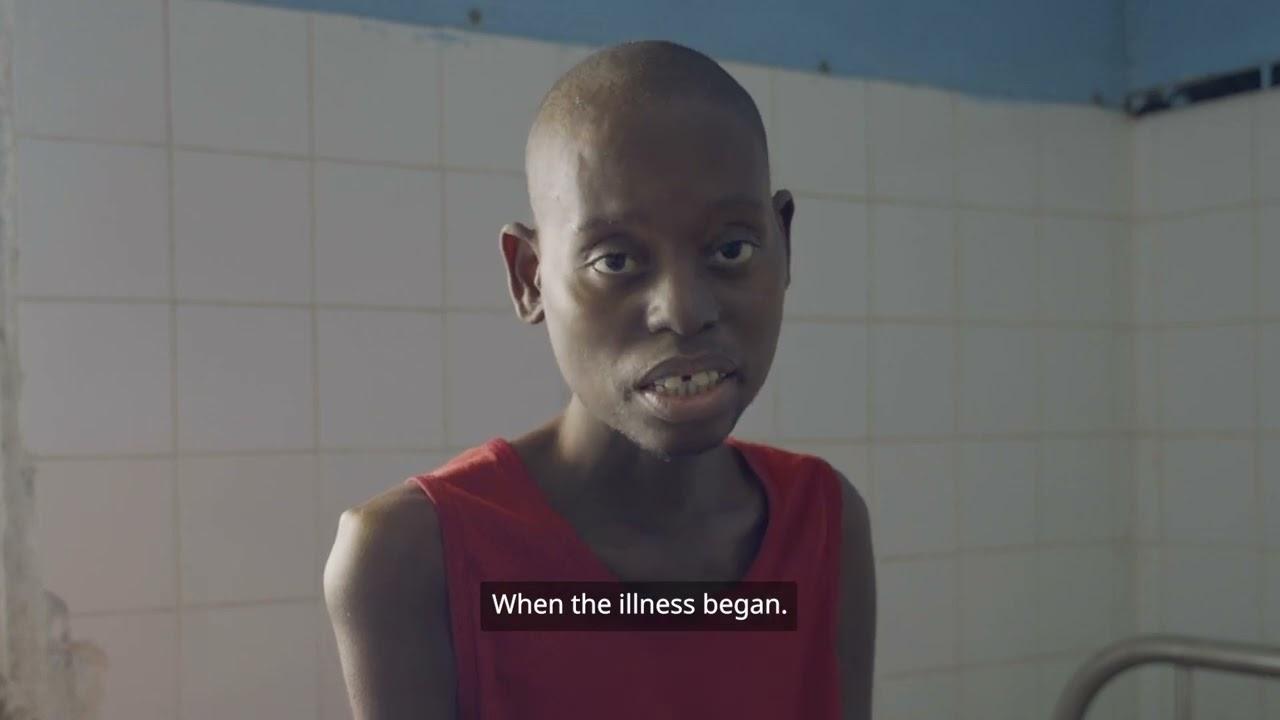
Raul's story - Treating a dual epidemic of TB and HIV in Beira, Mozambique
In Mozambique, the initiation of second-line treatment for drug-resistant tuberculosis (TB) is guided by standardised national protocols and the expertise of healthcare professionals. While specific procedures can vary, it is common in many countries for cases of multidrug-resistant TB (MDR-TB) to be reviewed by specialised committees or expert panels to ensure appropriate treatment plans are developed. These committees assess diagnostic results, such as drug susceptibility testing, and consider individual patient factors before approving the initiation of second-line therapies. This collaborative approach helps optimize treatment outcomes and manage potential risks associated with complex TB cases.
Dr Balane and Dr José’s teams worked closely to prepare a comprehensive case presentation for the specialised TB committee. This involved gathering Raul’s diagnostic results, including drug susceptibility tests, clinical history, and treatment options, to ensure a thorough review. Once the committee assessed the case and granted approval, Raul was promptly enrolled in the second-line treatment regimen, marking a crucial step in managing his drug-resistant tuberculosis.
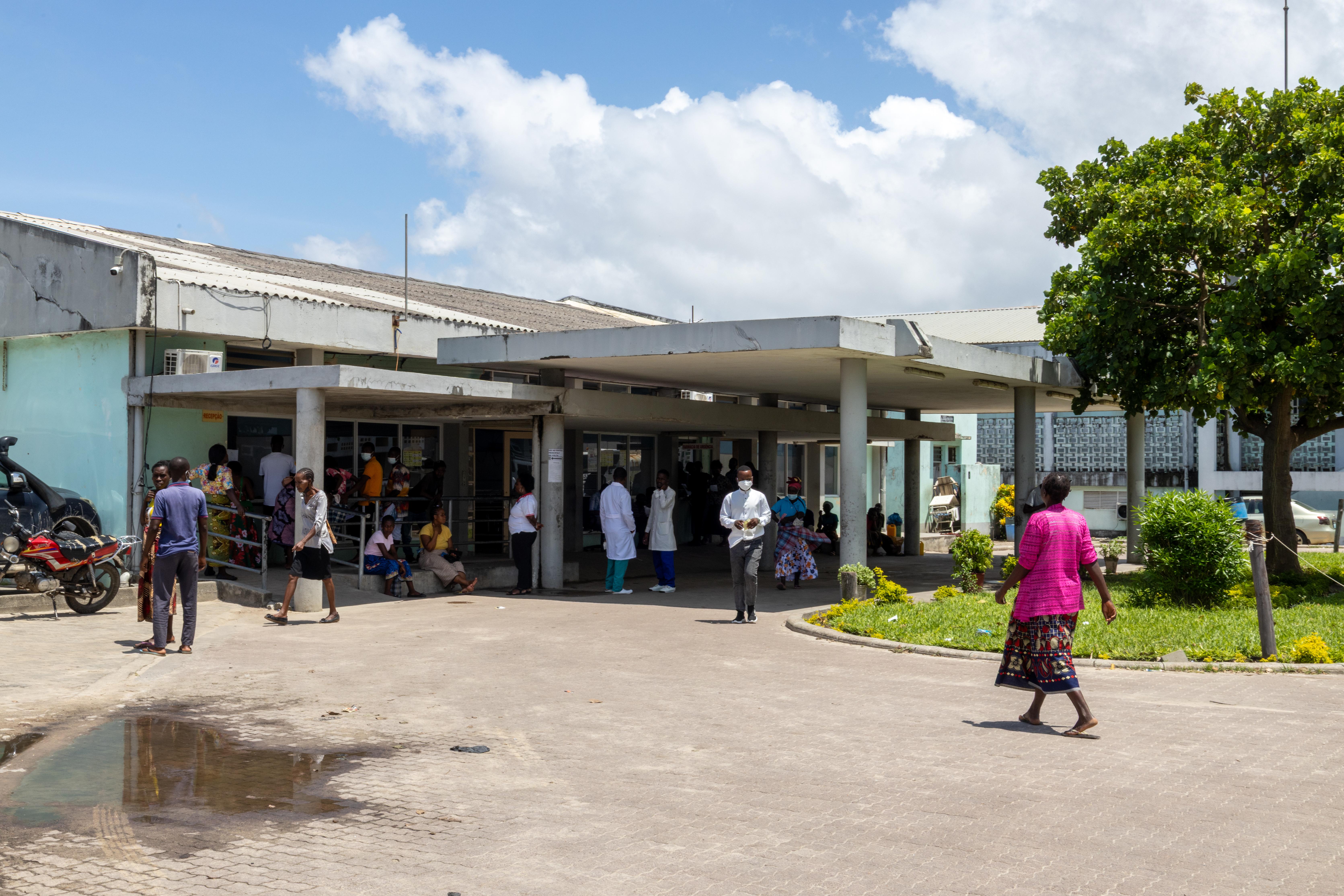
"This time, we discovered the problem...They kept looking for the right medication. They encouraged the other doctors to keep searching for the correct treatment. That’s the medication I’m taking now,” said Raul. “Now I can do what I couldn’t before. Sit alone. Walk a little. There’s been an improvement. Just the fact that I have the strength to sit and to be here giving an interview is thanks to the treatment.”
Raul’s rapid improvement was “like magic” for his doctors. “We had to do a lot of advocacy to get the right drugs for drug-resistant TB and finally start treating him. The next day, Raul was like a different person. Once we were able to give him the medication he really needed, he began to regain his level of consciousness. He started to regain strength and an appetite. He began to communicate. He could sit up on his own [and] take a few steps. He started to get better,” said Balane.
MSF has been present in Beira since 2014, providing sexual and reproductive health care, including HIV testing and treatment and termination of pregnancy to vulnerable and stigmatised groups, such as sex workers, men who have sex with men and at-risk youth. MSF also provides sexual and reproductive health services and treatment for patients with advanced HIV in local health centres and at Beira Central Hospital.
